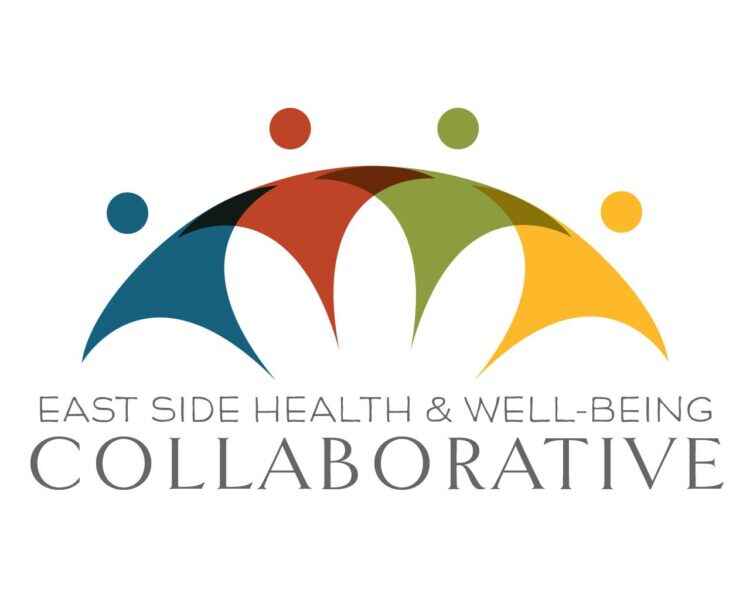
2021-2022 Racial Equity Dataset: A Searchable Collection of Laws Related to Racial Equity
Law & Policy InsightsMechanisms for Advancing Health EquityRacial Equity Dataset: A Searchable Collection of Laws Related to Racial EquityRacism as a Public Health CrisisIn the wake of the renewed racial justice movement in 2020 and the COVID-19 pandemic, many jurisdictions across the country enacted laws to address health disparities and advance racial equity, while others enacted laws that may impede these goals. This searchable dataset features the laws that were enacted, and that were still in effect on December 31, 2022.











